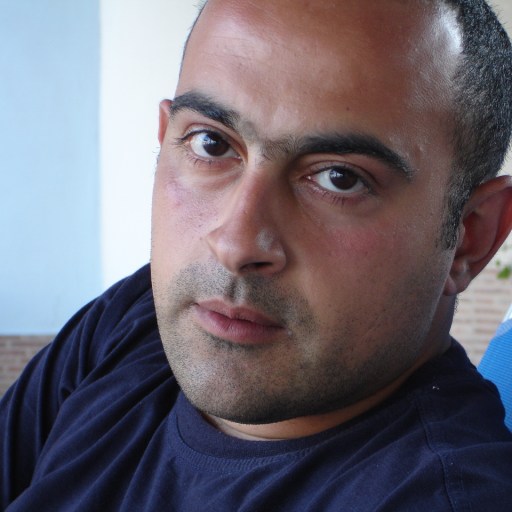Mo Costandi
Moheb Costandi is a freelance science writer based in London. His work has been published in Nature, Science, Scientific American, The Guardian, and New Scientist, among other publications. His latest book is Body Am I: The New Science of Self-Consciousness (MIT Press, October 2022). He also authors the blog Neurophilosophy. Follow him on Twitter @mocost.
